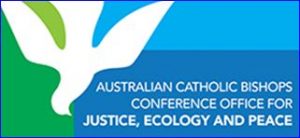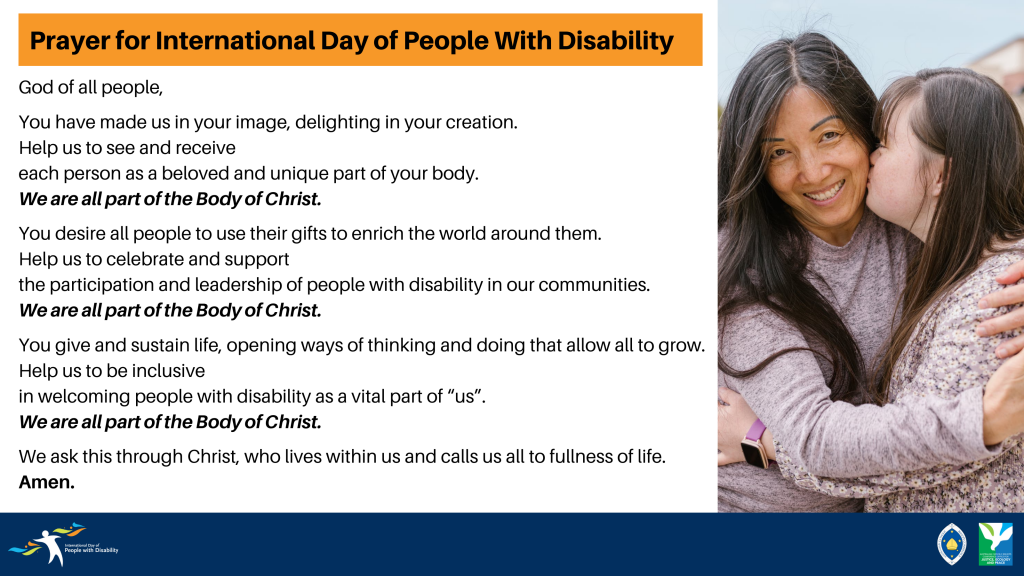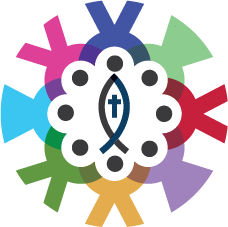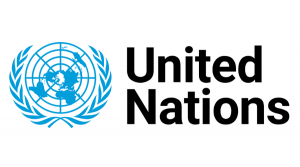
The International Day of People with Disability (IDPWD) was introduced by the United Nations in 1992 and has been supported by the Australian Government since 1996. Taking place on 3 December each year, this day aims to increase public awareness, understanding and acceptance of people with disability, and to celebrate their achievements and contributions. There are 4.4 million Australians with disability. The 2021 theme for IDPWD is Leadership and participation of persons with disabilities: toward an inclusive, accessible, and sustainable post-COVID-19 world.
The Australian Catholic Bishops Conference’s Office for Justice Ecology and Peace has put together resources, including:
- IDPWD Prayer and Prayer Service
- Reflections from Catholic Social Teaching
- Images for presentations or social media
- Links to personal reflections and resources
IDPWD Prayer and Prayer Service

A prayer service including music, leaders guide and people’s order.
All prayer service resources including PowerPoint.
Catholic Social Teaching
Pope Francis highlighted three points in his 2020 message for IDPWD: promoting a culture of life that constantly affirms the dignity of people with disabilities; inclusion that seeks to speak no longer about ‘them’, but rather about ‘us’; and opening active participation to people with disability to support all to belong and to contribute in their communities:
“In virtue of their baptism, all the members of the People of God have become missionary disciples. All the baptised, whatever their position in the Church or their level of instruction in the faith, are agents of evangelisation. “
Evangelii Gaudium, 120.
People with disability are part of the Body of Christ. Their voices in any conversations and decisions regarding their lives must be centred and heard: disability advocate Carly Findlay names this as “nothing about us without us.” Justin Glyn SJ links this to the life of the Trinity in communion:
“The life of the Kingdom of God, now and in the age to come, is a life of interdependence of all in God. Like God in Trinity, human life is relational. Our gifts supplement the weakness and limitations of others. Impairment – which in the final analysis is the lot of the whole of humanity – reminds us that, for all the beauty of our variegated bodies, we are an interdependent community called into new life in and through a God who has made us for love of God and others whose very essence is relationship.”
‘Us’ Not ‘Them’, Catholic Social Justice Series, 2019.
www.socialjustice.catholic.org.au
Click here to Read More…








